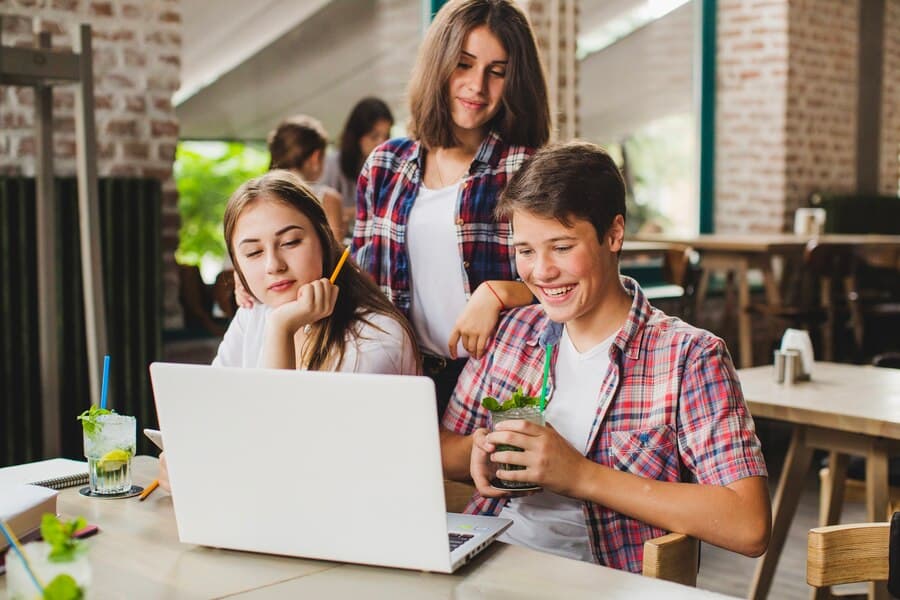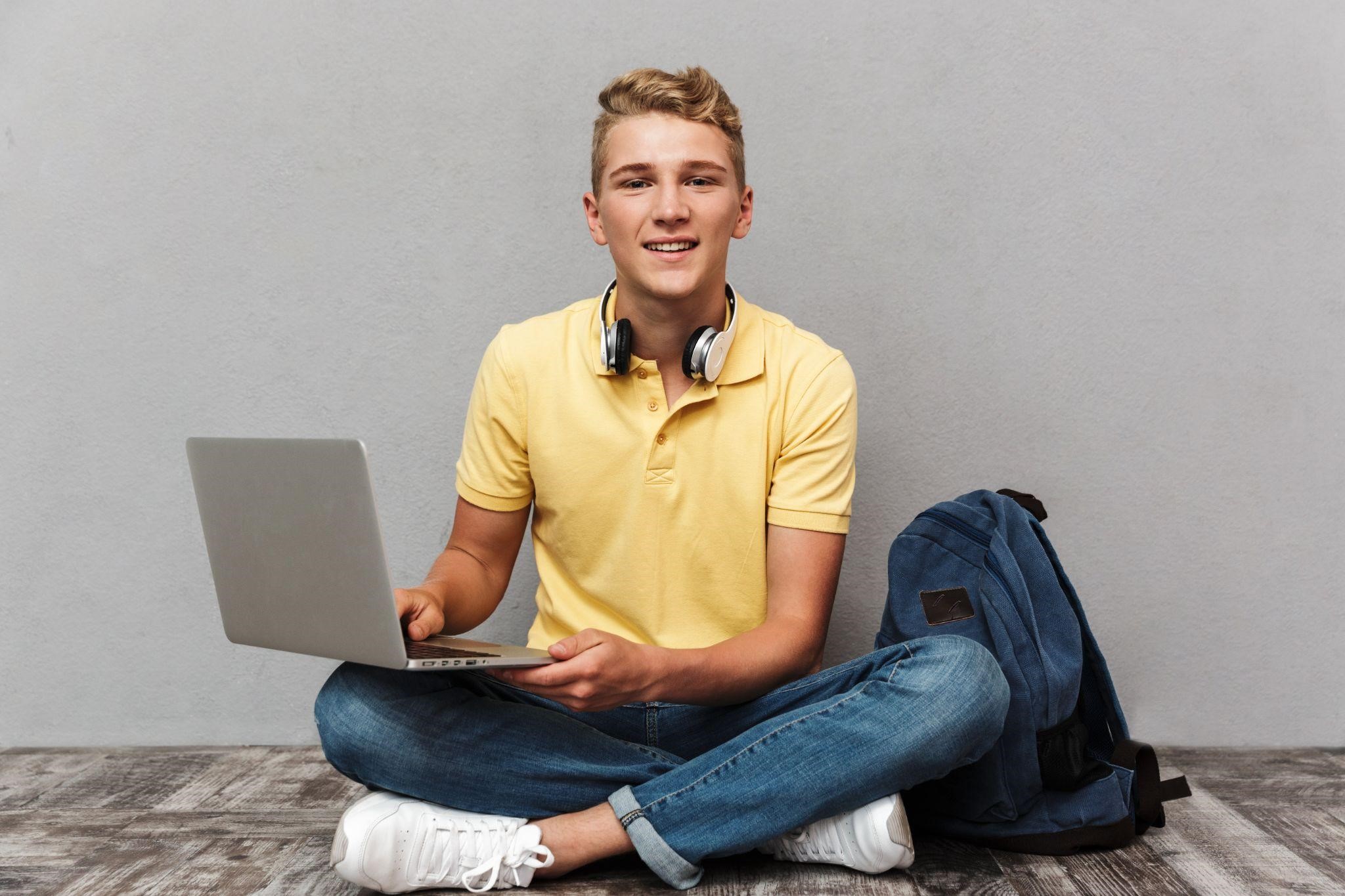Active discussions, original presentation of ideas, mutual support, and fiery arguments are not only fun, but also useful! At Sapiens UP, a democratic school, each project becomes not just a ‘task for tomorrow’ but a unique common cause. We believe that teamwork expands horizons, turns the learning process into an exciting journey where every student can feel valuable and important. In addition, it stimulates the powerful development of social skills that will definitely come in handy in life.
The benefits of group work
Teamwork has a positive impact on the development of students' social skills, as it is an opportunity to interact with peers on different levels. During joint projects, children learn to listen to each other, express their thoughts openly and constructively. Students practice cooperating, resolving conflicts, and seeking compromises. All of this is key to developing social skills.
When preparing joint projects, students have to communicate closely, taking into account the needs and interests of other group members. This contributes to the development of empathy and tolerance, the foundation of social skills.
In addition, completing group tasks helps students develop leadership skills. Children learn to take responsibility for their work and lead a team, support and inspire others, which contributes to their personal growth and social skills.
The benefits of classroom discussions
In a democratic school like Sapiens UP, classroom discussions and debates can be used. The lesson is conducted in such a way that, after getting acquainted with the theoretical material, students can discuss it and share their vision. A comfortable environment is created where each participant can freely express what he or she thinks about the problem or question posed by the teacher. In the process of collective communication, it is possible to reach an understanding, find the truth and develop social skills.
Discussion and debate also contribute to
- cultural, spiritual, social and intellectual development of adolescents;
- Developing the ability to debate in accordance with the established rules;
- development of skills of emotional interaction and influence on interlocutors when expressing their opinions;
- improving students' communicative competence - the ability to interact with others, follow directions and give instructions, observing etiquette and the purpose of communication.
The teacher should prepare a topic for the debate, monitor the discussion, and help to substantiate the statements. It is also an opportunity to identify the weaknesses and strengths of each participant in order to help them improve their skills and deepen their knowledge.
Other ways to develop social skills
In addition to group projects, debates, and discussions, there are many other ways to interact in the classroom to help develop students' social skills. These forms of interaction have their own characteristics and can be adapted to the needs of a particular class or subject.
- Role-playing games. These can be imitations of historical events, literary scenes, or even simulations of real-life situations. Students choose the roles of different characters and interact with each other, solving problems and conflicts.
- Partner work. Students can work in pairs to prepare essays, presentations, and perform various practical tasks. This allows students to interact more closely with their peers, develop cooperation and conflict resolution skills.
- Mentoring and cooperation between classes. Older students can act as mentors for younger ones, helping them to learn the material or prepare educational projects. Joint activities to share experiences between students are also relevant for the development of social skills.
- The brainstorming method. This strategy involves working together to solve a specific problem or generate ideas through the free expression of thoughts without any restrictions. This helps to stimulate creativity and jointly find solutions.
At the Sapiens UP democratic school, we understand that the modern world requires not only knowledge, but also the ability to work in a team, adapt to change, and communicate effectively. That is why we focus on developing students' social skills, creating an environment where everyone can unlock their potential and prepare for future success.


















